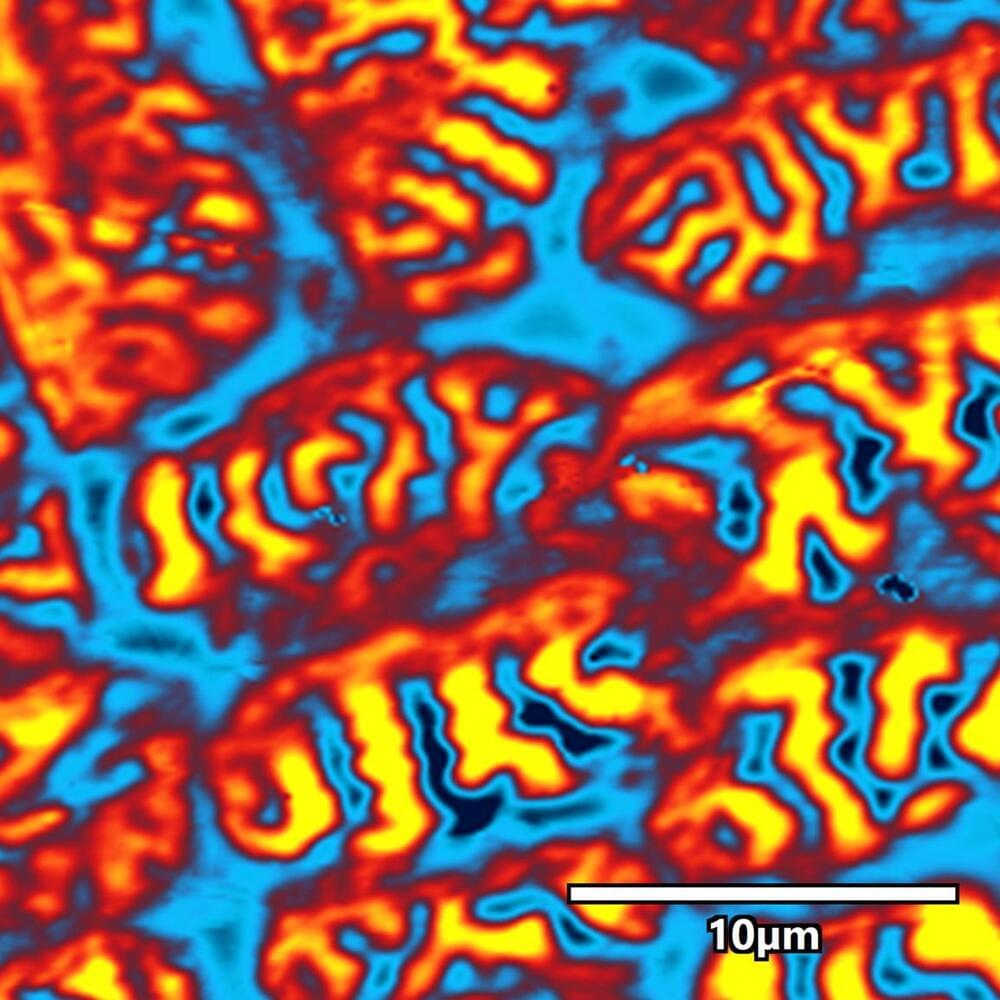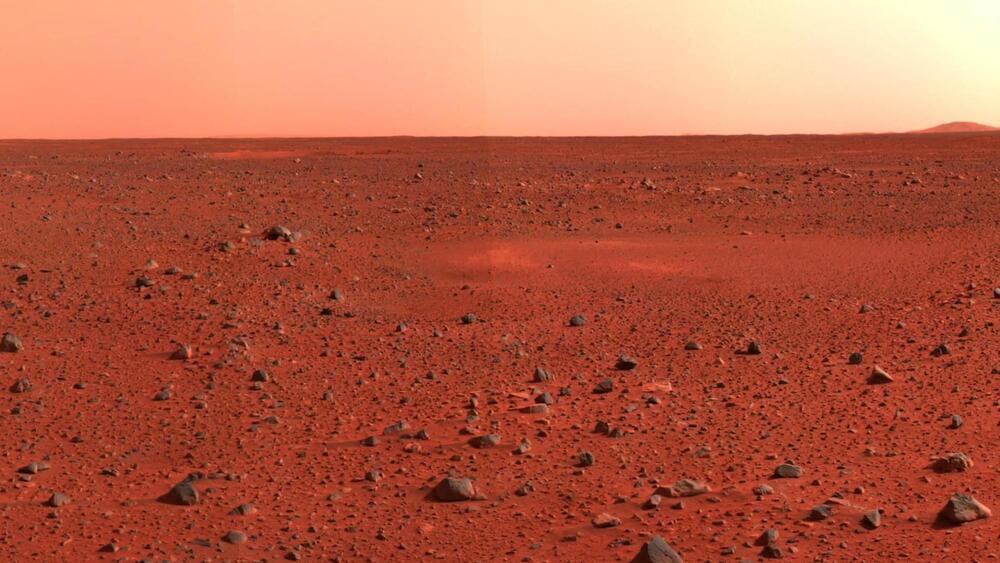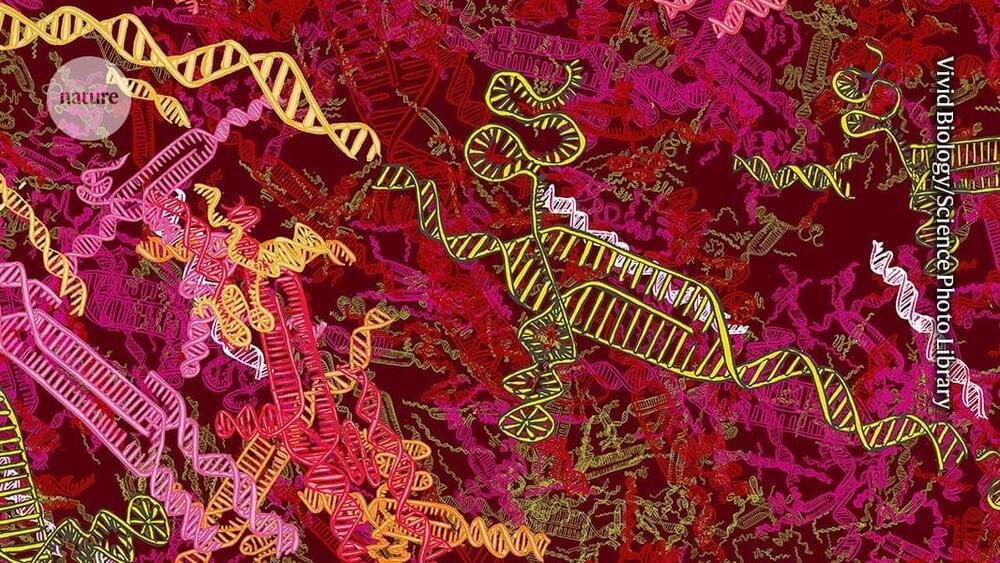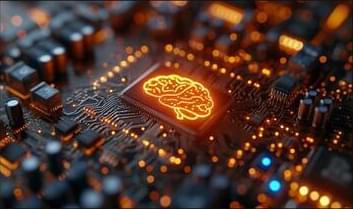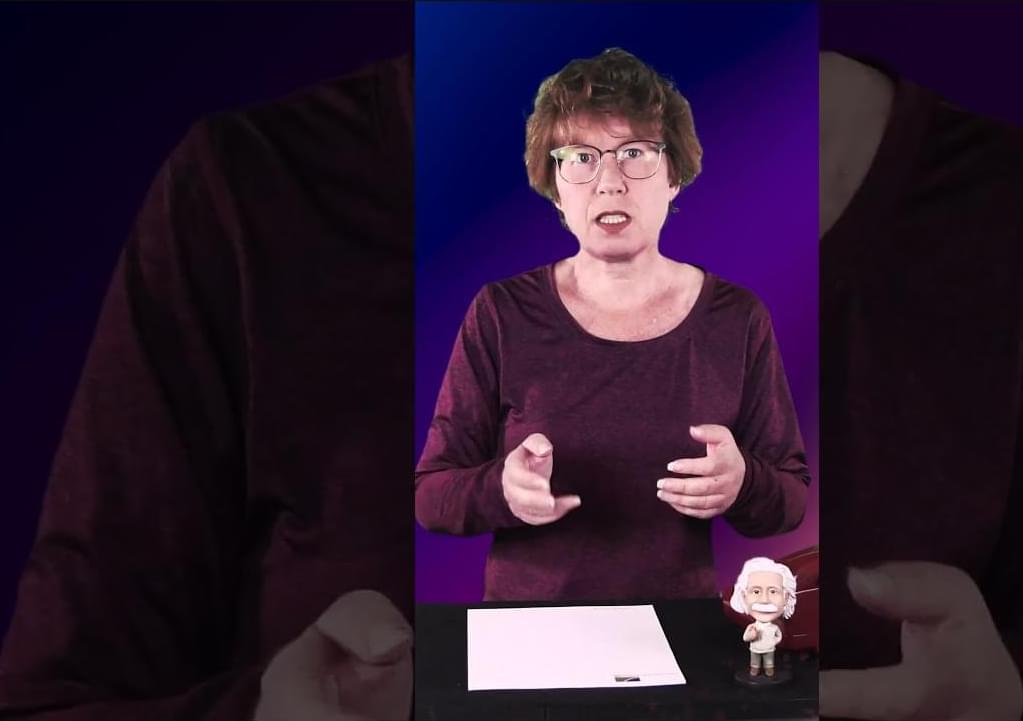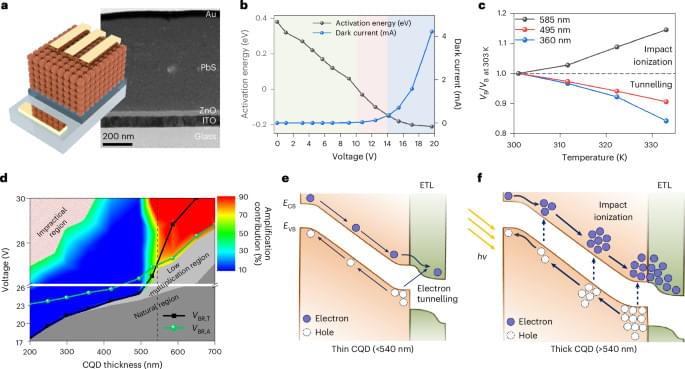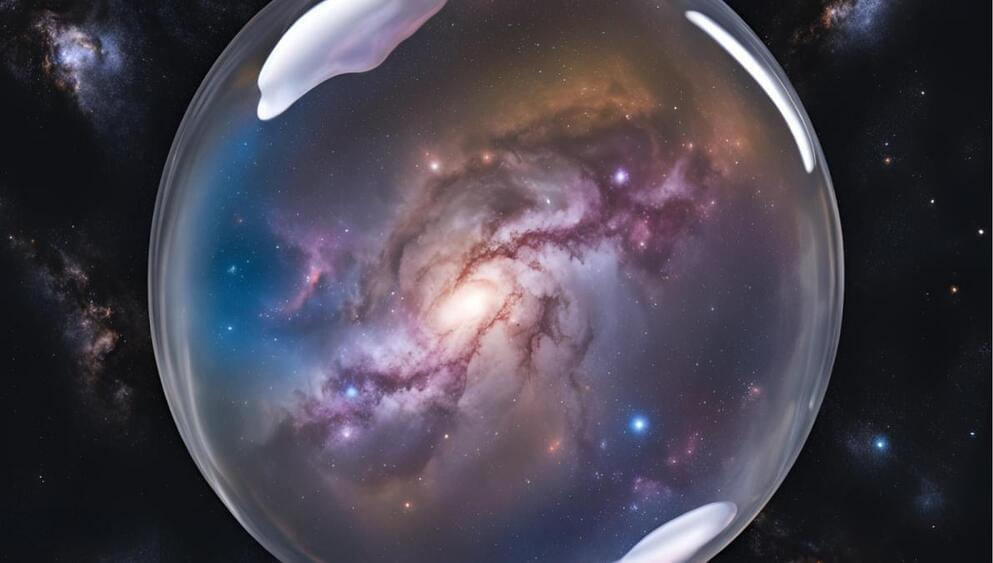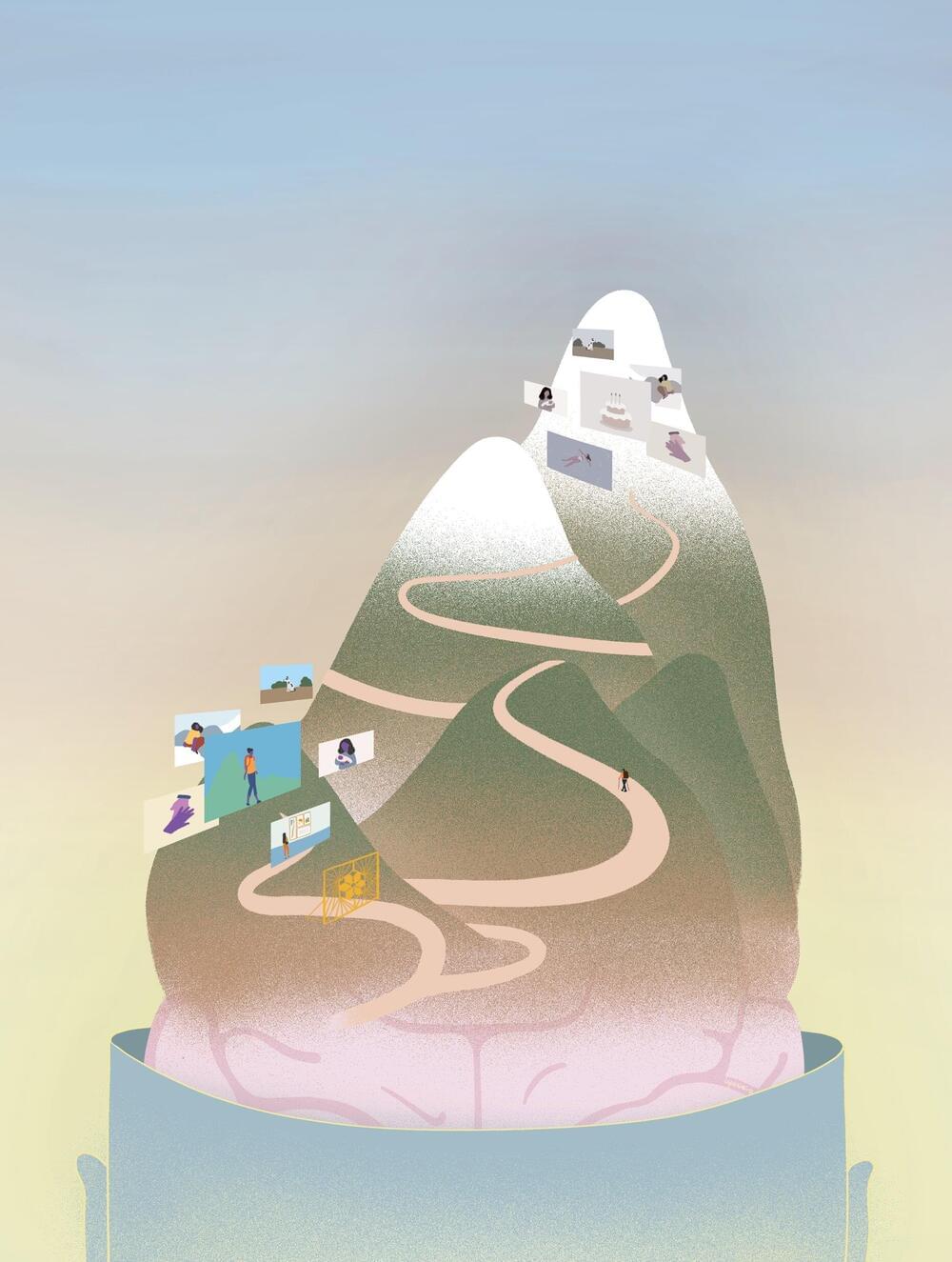Dec 18, 2024
ORNL researchers translate foundational uranium science into active nonproliferation solutions
Posted by Shubham Ghosh Roy in categories: biotech/medical, computing, military, nuclear energy, science, terrorism
Through its commitment to international nuclear nonproliferation — a mission focused on limiting the spread of nuclear weapons and sensitive technology while working to promote peaceful use of nuclear science and technology — the United States maintains a constant vigilance aimed at reducing the threat of nuclear and radiological terrorism worldwide.
With extensive research into both basic and applied uranium science, as well as internationally deployed operational solutions, the Department of Energy’s Oak Ridge National Laboratory is uniquely positioned to contribute its comprehensive capabilities toward advancing the U.S. nonproliferation mission.
In 1943, seemingly overnight, ORNL emerged from a rural Tennessee valley as the site of the world’s first continuously operating nuclear reactor, in support of U.S. efforts to end World War II. ORNL’s mission soon shifted into peacetime applications, harnessing nuclear science for medical treatments, power generation and breakthroughs in materials, biological and computational sciences.
